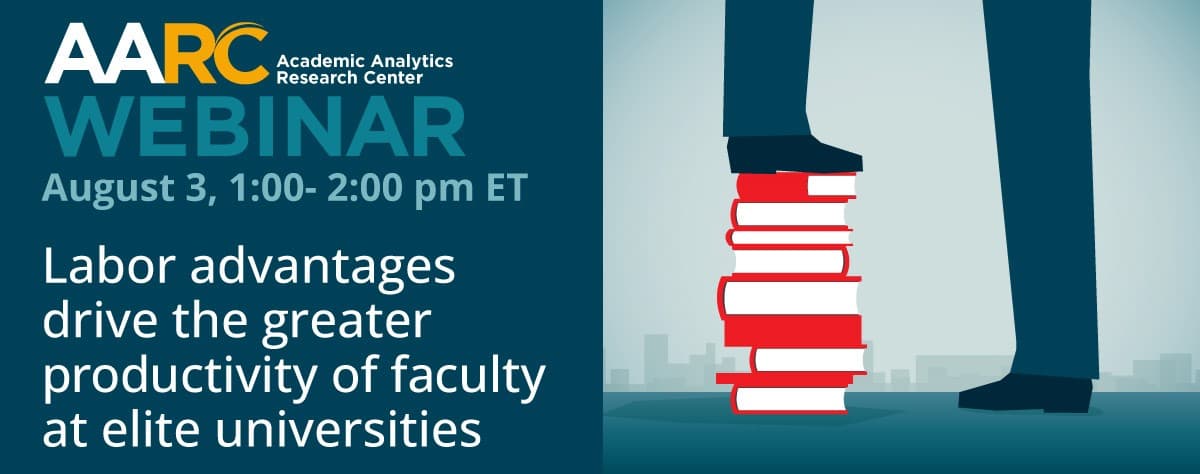Faculty at prestigious institutions dominate scientific discourse, producing a disproportionate share of all research publications. Environmental prestige can drive such epistemic disparity, but the mechanisms by which it causes increased faculty productivity remain unknown. In this talk, the researchers, Sam Zhang and Aaron Clauset combine employment, publication, and federal survey data for 78,802 tenure-track faculty at 262 PhD-granting institutions in the American university system to show through multiple lines of evidence that the greater availability of funded graduate and postdoctoral labor at more prestigious institutions drives the environmental effect of prestige on productivity. In particular, they show that greater environmental prestige leads to larger faculty-led research groups, which drive higher faculty productivity, primarily in disciplines with group collaboration norms. In contrast, they find that productivity does not increase substantially with prestige for faculty publications without group members or for group members themselves. Hence, they conclude that the disproportionate scientific productivity of elite researchers can be largely explained by their substantial labor advantage rather than inherent differences in talent.
--
Sam Zhang is a fourth year PhD student in the department of Applied Mathematics at CU Boulder, working with Professor Aaron Clauset. He is supported by an NSF Graduate Research Fellowship in the area of science policy, and his thesis work is on social inequalities in academic careers. During his PhD, he was a research intern with the Computational Social Science team at Microsoft Research NYC for two summers, and a Human Rights and Data Science Fellow with the Human Rights Data Analysis Group. Prior to his PhD, he worked as a software consultant and engineer.
Aaron Clauset is a Professor in the Department of Computer Science and the BioFrontiers Institute at the University of Colorado Boulder, and is External Faculty at the Santa Fe Institute. He received a PhD in Computer Science, with distinction, from the University of New Mexico, a BS in Physics, with honors, from Haverford College, and was an Omidyar Fellow at the prestigious Santa Fe Institute. In 2016, he was awarded the Erdos-Renyi Prize in Network Science, and since 2017, he has been a Deputy Editor responsible for the Social, Computing, and Interdisciplinary Sciences at Science Advances.
Clauset is an internationally recognized expert on network science, data science, and machine learning for complex systems. His research program is around two general themes: identifying fundamental principles of the organization and behavior of complex social and biological systems, and developing approaches for using data and computation to illuminate those ideas. A recent major focus of this work has been on the "science of science," where he studies the shape, origins, and consequences of social and epistemic inequalities on scientific careers, productivity, the spread of ideas, and the composition of the scientific workforce. His research results have appeared in many prestigious scientific venues, including Nature, Science, PNAS, SIAM Review, Science Advances, Nature Communications, AAAI, and ICDM. His work has been covered in the popular press by Quanta Magazine, the Wall Street Journal, The Economist, Discover Magazine, Wired, the Boston Globe and The Guardian.



